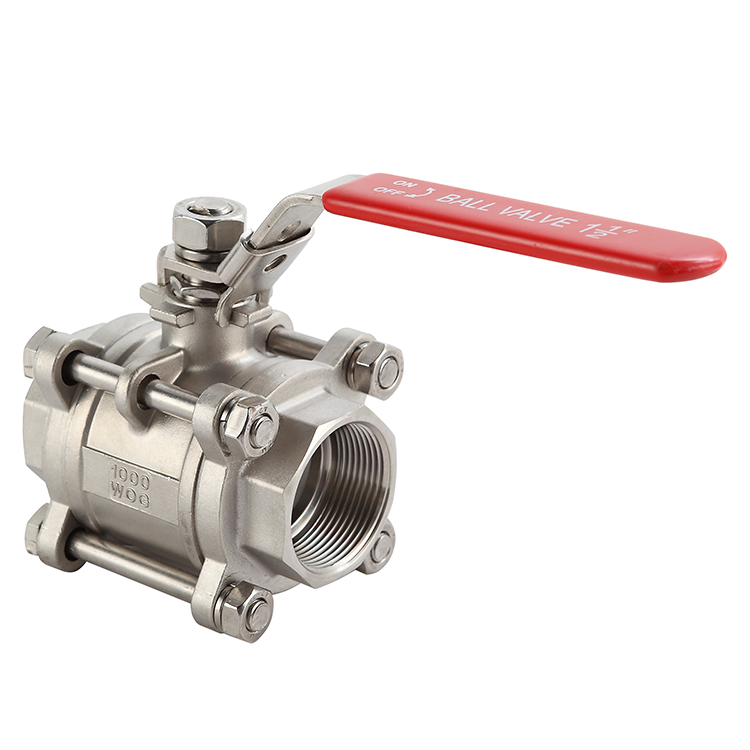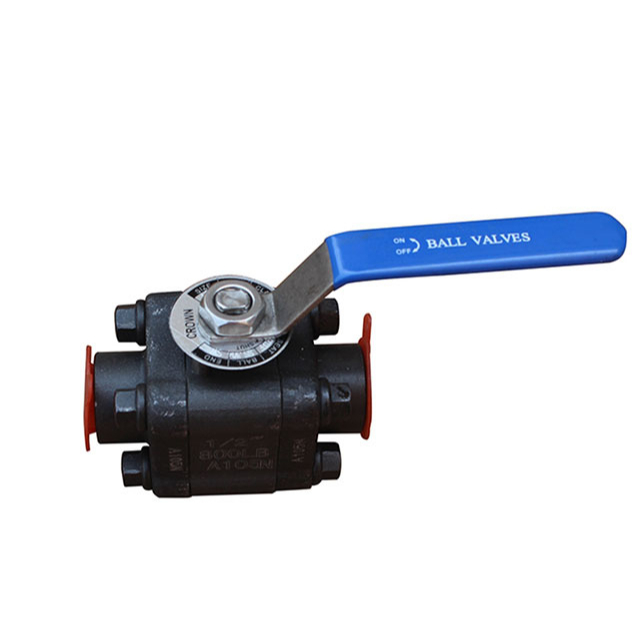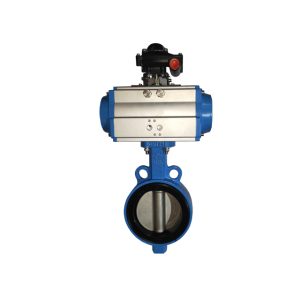Table of Contents
Toggle
Introduction
Thread ball valves are widely used in fluid control systems to regulate and control the flow of various liquids and gases. These valves are known for their reliable sealing, durability, and ease of operation. In this blog, we will explore thread ball valves, including their definitions, types, working principles, and key features. This information will provide valuable insights into thread ball valves and their applications in different industries.
Definition and Types of Thread Ball Valves
Thread ball valves are mechanical valves that use a spherical ball with a bore to control fluid flow. The ball has a through hole, known as the bore, which allows or restricts the flow of the fluid. Thread ball valves are available in various types, including:
- Two-Way Thread Ball Valves: Two-way thread ball valves have a single inlet and outlet port, allowing for the control of flow in one direction.
- Three-Way Thread Ball Valves: Three-way thread ball valves have three ports, which can be configured to divert the flow between two different directions or mix the flow from two different sources.
Working Principles of Thread Ball Valves
Thread ball valves operate by rotating the ball within the valve body to control the flow of fluids. When the bore of the ball is aligned with the flow direction, the fluid can pass through the valve. Rotating the ball 90 degrees closes the valve, blocking the flow. The ball design allows for quick and efficient operation, providing reliable shut-off and control.
Key Features and Advantages of Thread Ball Valves
Thread ball valves offer several features that make them advantageous in fluid control applications. Some key features include:
Excellent Sealing Performance:
Thread ball valves provide tight sealing when closed, minimizing leakage and ensuring reliable operation.
Compact and Lightweight Design:
These valves have a compact and lightweight construction, making them suitable for applications where space is limited
Quick and Easy Operation:
Thread ball valves offer fast and effortless operation, allowing for efficient flow control.
Versatility:
Thread ball valves can handle a wide range of fluids, including liquids and gases. They find applications in industries such as plumbing, HVAC, water treatment, and more.
Applications of Thread Ball Valves
Thread ball valves are commonly used in various industries and applications that require reliable flow control. Some common applications include water distribution systems, oil and gas pipelines, chemical processing plants, irrigation systems, and more. Thread ball valves play a crucial role in maintaining system integrity and ensuring efficient fluid control.
Conclusion
Thread ball valves are essential components in fluid control systems, providing reliable shut-off and control of flow. With their excellent sealing performance, compact design, easy operation, and versatility, thread ball valves are widely used in a range of industries. Explore the wide range of thread ball valves at Xintai Valve to find high-quality valves that meet your application requirements. Visit our website at www.xintaivalve.com to learn more and discover reliable valve solutions designed to enhance fluid control in your systems.











